8, January 2022
Southern Cameroons Crisis: Biya regime and the IG have a chance for a ceasefire as AFCON kicks-off 0
With one billion people around the world expected to watch as the African Cup of Nations (CAN) kicks off in Cameroon on 9 January, a spotlight will shine on the country’s five-year-old conflict between the government and Anglophone separatists.
Matches around the country will include eight games in Limbe and Buea, cities in the English-speaking South West region, and Anglophone militias have announced plans to disrupt the Cup, hoping to showcase their grievances. The government has responded with severe restrictions upon movement and association in the Anglophone regions.
This is a lose-lose strategy: separatist attacks during the month-long tournament may diminish the sympathy that Anglophone Cameroonians enjoy in Africa and elsewhere, and the government’s heavy-handed measures could produce popular backlash and escalate the conflict.
A different approach
Instead, both parties should pursue a dramatically different approach: embrace sports diplomacy and cease hostilities for the Cup’s duration. With outside diplomatic support, such a truce could be the first step in rebuilding trust and moving toward talks after years of bloodshed.
Even without the Anglophone militias’ threats, guaranteeing security for the tournament would pose significant challenges for Cameroon. Nine of the country’s ten regions are mired in humanitarian crisis as a result of violent conflict. Jihadist insurgency and climate change-fuelled inter-communal strife between herders and fishermen have destabilised the north, while rebels from the Central African Republic have crossed into the east.
The country’s political situation is also tense, with five senior officials from Francophone opposition leader Maurice Kamto’s party sentenced to seven-year jail terms for holding demonstrations against the president, Paul Biya, in September 2020.
Anglophone conflict ‘poses most serious security problem’
The conflict in the Anglophone regions poses the most serious security problem though. Disturbances began in October 2016, when lawyers and teachers mounted demonstrations calling for a two-state federation to preserve the Anglophone legal and educational systems.
These degenerated into armed conflict following the government’s violent repression, as Anglophones set up separatist militias. Since then, the fighting has killed more than 6,000 people and displaced about one million, ushering in one of the world’s most neglected humanitarian crises amid a deteriorating human rights situation.
Crisis Group and others have repeatedly advocated for talks that might yield a political solution to the conflict. But thus far the government has been unwilling to negotiate in good faith.
It ignored a Swiss dialogue initiative in 2019 that had assembled a dozen separatist groups calling for talks, instead organising its own putative National Dialogue in October of that year. That effort failed to include separatist participation, virtually ensuring it would flop.
As a conciliatory gesture, the government then unilaterally established a special status for the regions, under which it created two regional assemblies with limited powers. This measure fell short of what Anglophones had been demanding and predictably failed to reduce the conflict’s intensity.
Stalemate on both sides
The Anglophone conflict’s escalation in 2021 has not led to a change in either side’s position. Separatists believe they are gaining momentum despite internal divides. The government, for its part, is preparing for a long war, purchasing new military supplies. With neither side clearly ascendant and both reluctant to engage in talks, the conflict has reached a stalemate.
While it would be inconsistent with the separatists’ modus operandi for them to attack venues where the matches are being played, violence could intrude in other ways.
Since 2018, separatist militias have often sought to disrupt sports events in the Anglophone regions:
In January 2021, during another football tournament, the African Nations Championship, militias detonated an explosive device in Limbe, wounding three policemen.
On 21 December, as President Biya met in the capital Yaoundé with Patrick Motsepe, president of the Confederation of African Football, separatist fighters attacked a police checkpoint in Kumba, in the South West, reportedly killing one officer.
In December, clashes between separatist militias and government forces hit Bamenda, Cameroon’s third-largest city.
Tellingly, when a man dressed as the Africa Cup costumed mascot, Mola the lion, toured the city on 16 December, he wore a bulletproof vest and was surrounded by a heavily armed military escort.
‘Propitious moment to seek a truce’
Despite the challenges, the tournament is a propitious moment to seek a truce, under which the parties would pledge to cease hostilities for at least the duration of the Cup and possibly even create the foundation for a new peacemaking effort.
A major diplomatic push by national and international officials will be crucial in the coming days. International actors will need to urgently press the government to reinvigorate the direct channels it developed in 2020 with influential separatist leaders in jail, perhaps underscoring how much it is in Yaoundé’s interests for the games to come off without a hitch. In parallel, Swiss officials could seek to build support for a truce among separatist leaders living overseas and remobilise UN, U.S., British and Canadian backing for their dialogue initiative.
The benefits of even a brief cessation of hostilities would be significant. It would grant the tournament protection while affording humanitarian agencies a chance to deliver critical aid to the thousands endangered by the fighting. It could also help lay the foundation for much-needed peace negotiations and invite near-term measures by the government that might help bring separatists to the table, like the release of Anglophone prisoners being held for non-violent crimes.
Ideally, the separatists would send positive signals of their own by reiterating their commitment to a political solution and making clear their interest in talks.
Whether any of this progress is achievable right now is unclear. Yet the forthcoming tournament presents a rare and welcome opportunity for bringing some creative sports diplomacy to bear on this often overlooked war.
Culled from The Africa Report
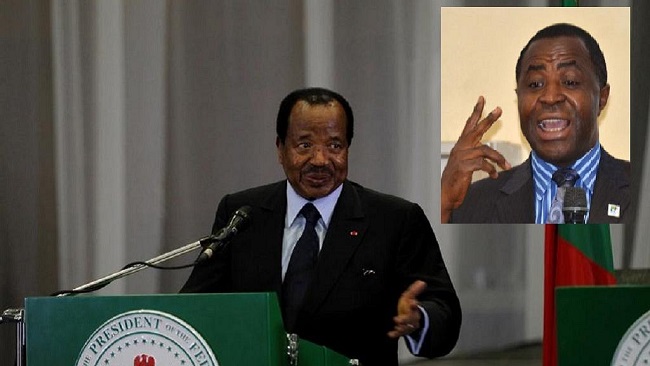

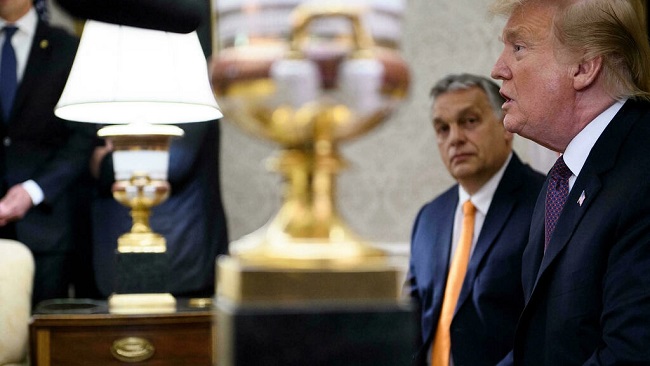
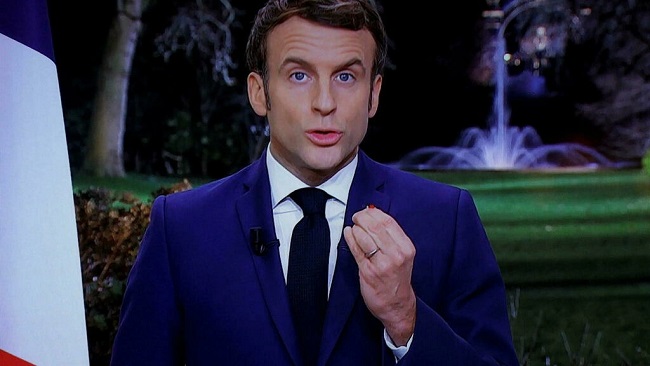


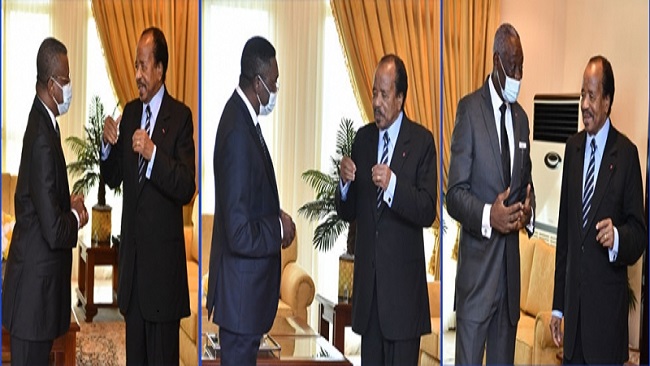
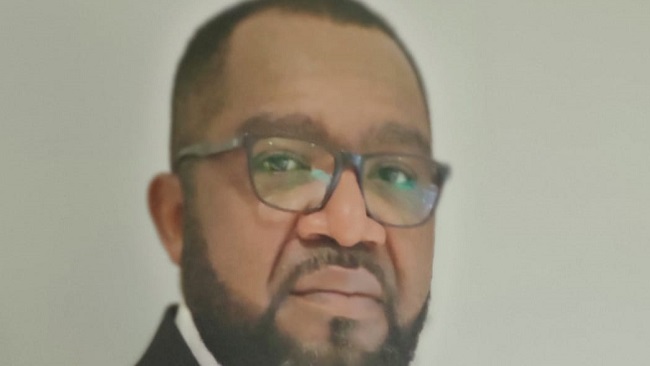

















9, January 2022
Russia rules out any concession over Ukraine in talks with US 0
Russia ruled out Sunday any concession at talks with the United States on soaring tensions over Ukraine as Moscow seeks a wide-ranging new security arrangement with the West but faces strong pressure to pull back troops.
Russia’s deputy foreign minister Sergei Ryabkov told Russian news agencies ahead of his talks in Geneva the Kremlin was also “disappointed” with signals coming from both Washington and Brussels, where NATO and the European Union are based.
The high-level discussions start a week of diplomacy in which Russia will meet with NATO and the Organization for Security and Cooperation in Europe (OSCE), with the US trying to assure European allies they will not be sidelined.
Russia since late last year has amassed tens of thousands of troops at the Ukrainian border and demanded guarantees that NATO will not expand further eastward.
The Kremlin is insisting NATO must never grant membership to ex-Soviet Ukraine, which is pushing to join.
The United States, to be represented by Deputy Secretary of State Wendy Sherman, agreed to talks even though it made plain that many of Moscow’s proposals are non-starters.
Originally scheduled to start on Monday, Sherman is now due to have a working dinner with Russian Deputy Foreign Minister Sergei Ryabkov on Sunday evening, said a State Department spokesperson.
Secretary of State Antony Blinken, dismissing Moscow’s demands as “gaslighting”, has insisted that talks will yield no progress so long as Russia has a “gun to Ukraine’s head”.
“We’re prepared to respond forcefully to further Russian aggression. But a diplomatic solution is still possible and preferable if Russia chooses it,” Blinken said Friday.
Russian President Vladimir Putin met his US counterpart Joe Biden in Geneva in June and agreed on regular “stability” talks between Sherman and Ryabkov, who will again lead the Russian delegation.
‘Massive’ retaliation
In two phone calls to Putin, Biden has warned of severe consequences if Russia invades Ukraine.
Measures under consideration include sanctions on Putin’s inner circle, cancelling Russia’s controversial Nord Stream 2 pipeline to Germany or, in the most drastic scenario, severing Russia’s links to the world’s banking system.
A US official, speaking on condition of anonymity, warned that Washington would also send more troops to eastern NATO members such as Poland and the Baltics if Russia invaded.
Europeans have showed solidarity, with EU foreign policy chief Josep Borrell visiting the frontline in Ukraine, although some nations are expected to hesitate at the strongest measures.
“Whatever the solution, Europe has to be involved,” EU Commission chief Ursula von der Leyen said.
Russia insists it was deceived after the Cold War and understood that NATO would not expand.
Instead, the US-led alliance accepted most of the former Warsaw Pact nations and the three Baltic nations that were under Soviet rule.
Russia has inflicted intense pressure on neighbouring Ukraine since 2014 after a revolution overthrew a government that had sided with the Kremlin against moving closer to Europe.
Russia seized the Crimean peninsula and backs an insurgency in eastern Ukraine in which more than 13,000 people have died.
At a time that Russia is also intervening to shore up allies facing popular uprisings in Belarus and Kazakhstan, Moscow has insisted it wants concrete progress in talks with Washington.
Putin’s foreign policy adviser Yury Ushakov warned after the call with Biden that the United States would make a “colossal mistake” if it went ahead with sanctions.
‘Gigantic bluff’?
NATO chief Jens Stoltenberg, meeting foreign ministers of the alliance on Friday, said there remained real risks of a Russian invasion.
But John Herbst, a former US ambassador to Ukraine, described the Russian troop build-up as a “gigantic bluff” by Putin to seek a negotiated agreement.
“They are trying to see if the Biden administration or Europe will blink,” said Herbst, now at the Atlantic Council think tank.
“As long as the Biden administration remains at least as strong as it is now,” he said, “it probably is enough to keep Putin from striking large into Ukraine, but I don’t rule out something smaller.”
Matthew Rojansky, director of the Kennan Institute at the Woodrow Wilson International Center for Scholars in Washington, said the Geneva talks were more about preventing the Ukraine crisis from accelerating than reaching a major deal.
“I think this is about pulling the pendulum back, if we can, towards thicker interaction and more effective diplomacy and communication — not permanent and forever resolution of all problems.”
While also downplaying the possibility of a full-scale invasion, Rojansky said the risks of the Russian build-up were real.
“There is the principle of Chekhov — you put a loaded gun on the stage in Act One and it has to be fired by Act Three.”
Source: AFP